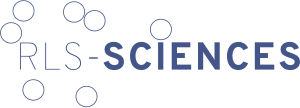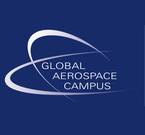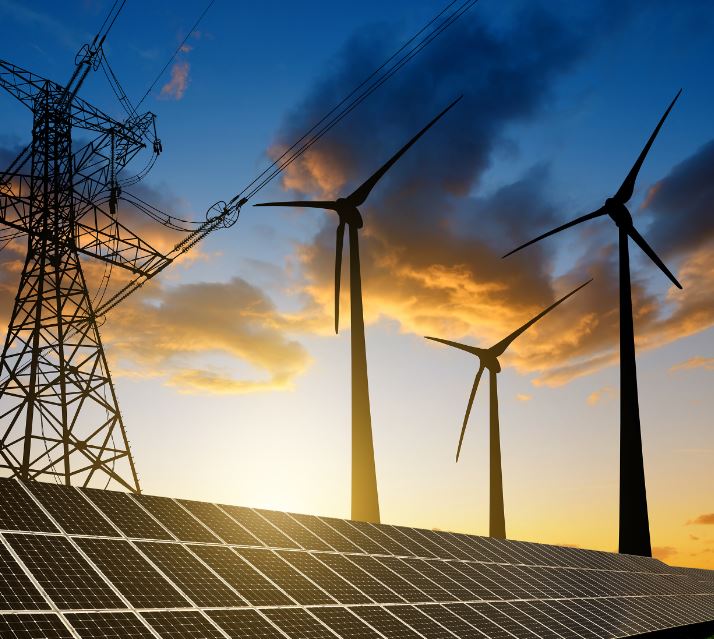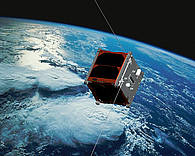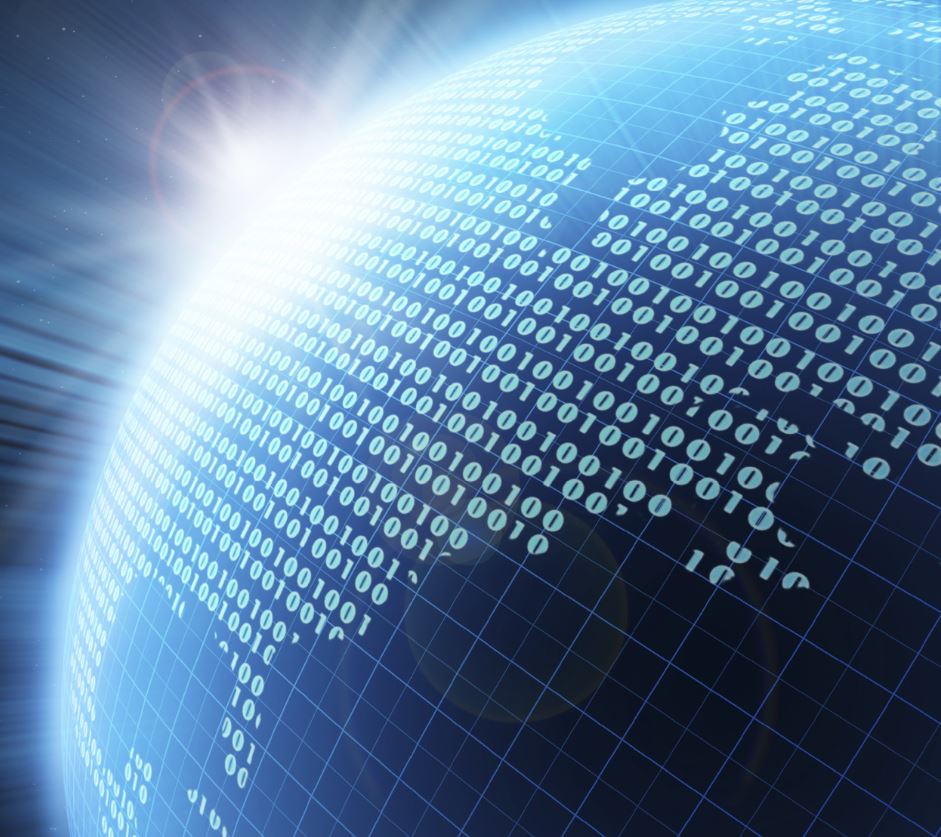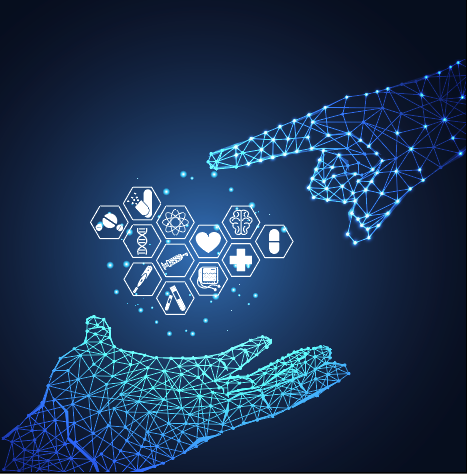Welcome to RLS- Sciences
RLS- Sciences seeks to leverage the unique composition and strengths of the RLS network to support scientific research within and between the RLS regions.
We work to generate and support academic, scientific and technological exchanges, and the initiation of multilateral research projects.
We work to generate and support academic, scientific and technological exchanges, and the initiation of multilateral research projects.
